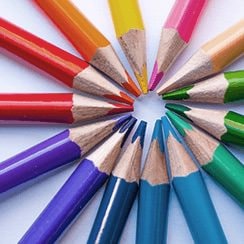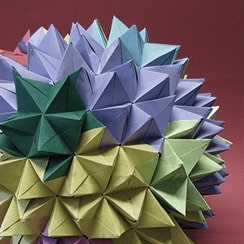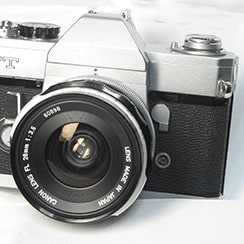Try GOLD - Free
International Artist Magazine - December 2025 / January 2026

Holiday Sale
1767430799
Go Unlimited with Magzter GOLD
Read International Artist along with 10,000+ other magazines & newspapers with just one subscription
View CatalogSubscribe only to International Artist
Cancel Anytime.
(No Commitments) ⓘIf you are not happy with the subscription, you can email us at help@magzter.com within 7 days of subscription start date for a full refund. No questions asked - Promise! (Note: Not applicable for single issue purchases)
Digital Subscription
Instant Access ⓘSubscribe now to instantly start reading on the Magzter website, iOS, Android, and Amazon apps.
Verified Secure
payment ⓘMagzter is a verified Stripe merchant.
In this issue
Art Materials & Supplies Guide • Model Behavior, Part I: Good Manners • Beyond the Palette with Scottsdale Artists’ School • Painting Workshop • Art Prize Challenges • Demonstrations, Workshops & Master Painters of the World
International Artist Magazine Description:
Publisher: International-Artist-Publishing,-Inc.
Category: Art
Language: English
Frequency: Bi-Monthly
International Artist takes you inside the studios of the world’s best artists. The magazine displays practicing artists describing their approach and work process in all painting mediums.
Recent issues

October / November 2025

August/September 2025

June/July 2025

April / May 2025

February/March 2025

December 2024/January 2025

October/November 2024

August/September 2024

June/July 2024

April/May 2024

February/March 2024

December 2023/January 2024

October/November 2023

August/September 2023

June/July 2023

April/May 2023

February/March 2023

December/January 2023

October/November 2022

August - September 2022

June - July 2022

April - May 2022

February - March 2022

December 2021 - January 2022

October - November 2021

August - September 2021

June - July 2021

April - May 2021

February-March 2021
Special Issues
Related Titles

American Fine Art Magazine

Western Art Collector

Prehistoric Times

Native American Art Magazine

Maine Antique Digest

Rapid River Magazine

WAJ Magazine

Ploughshares

The Relatable Voice Magazine

Art & Object

Airbrush Technique Magazine

Dots x Circles Illustration

Sculpture

Full Bleed

Imagine5 magazine

Wallpaper

The Artists Guide to Illustration

Cross Stitch Favourites

TJPL News

Position African World Review

The Tiki Collection

CQ International Magazine

URBAN BARZ MAGAZINE

Visual Arts News

Musicworks

BlackFlash Magazine

Dug Up Magazine

Art India

Art Soul Life

COSMO ART BULLETIN

























